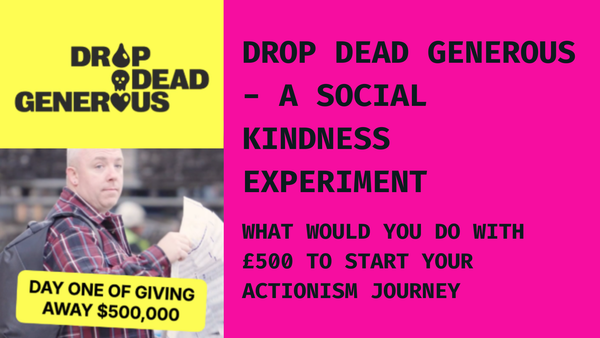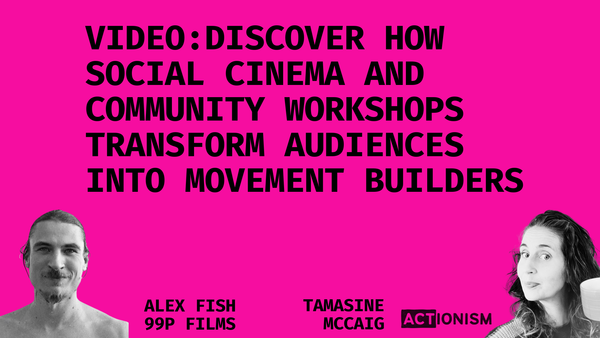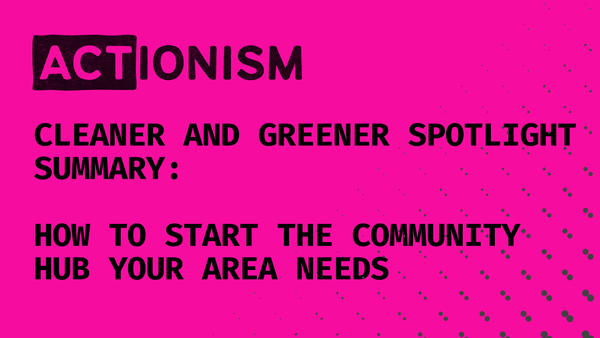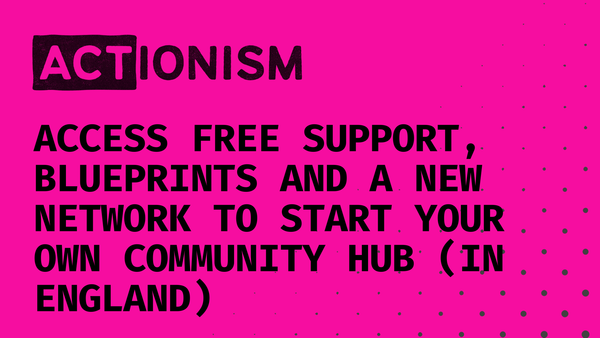Video Spotlight: Smart School Council
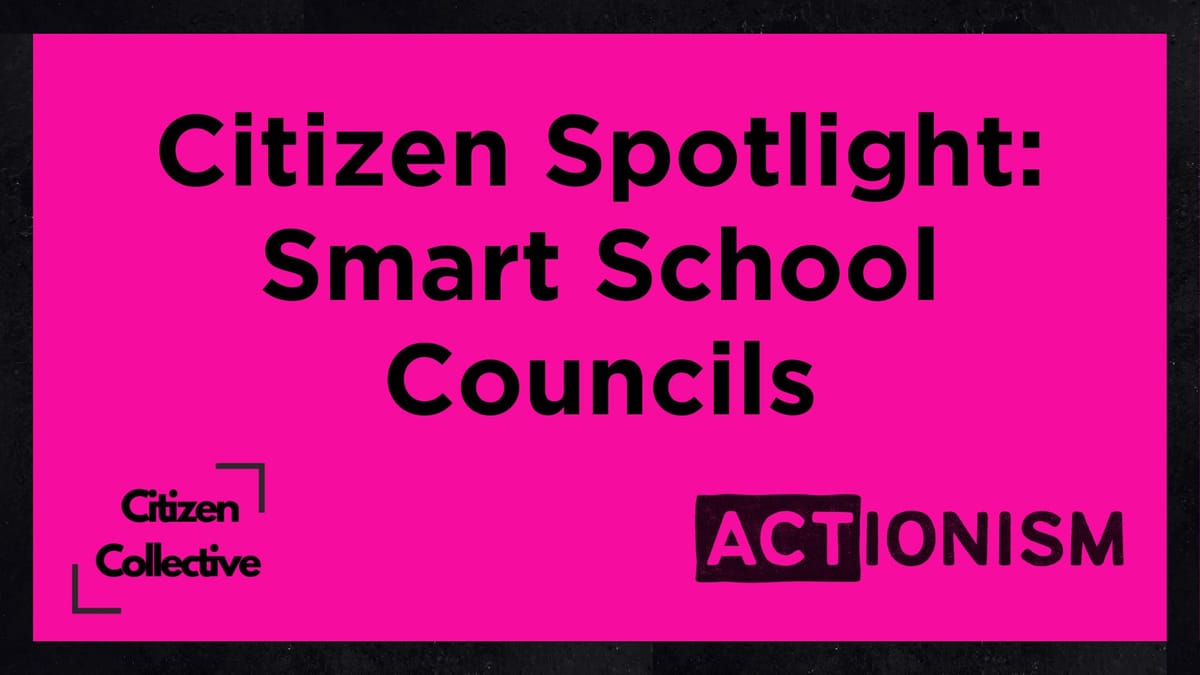
What if every child's voice mattered in school decisions, not just the loudest ones? This article explores how Smart School Councils work, why more schools and communities need this approach, and how you can take action to bring democratic education to your area.
Building a citizen future in schools
Spotlight Summary: Smart School Councils (SSC)
Recorded March 2025 with Greg Sanderson - Founder of SSC and Rachel Gray - Primary Teacher and SSC user, Gateshead.
You can watch the whole call below or read the summary of the call below
You can also scroll to the end of this page to download our one pager to give to a teacher or parent in your life to help them set up the tool in their community.
The problem SCC are trying to solve: Too often, only the loudest or most confident children are heard in schools, leaving many without the chance to develop vital skills such as empathy, collective problem-solving, and critical thinking—all essential skills for thriving as adults. Traditional school councils reinforce this problem.
The solution: Smart School Councils are a charity that changes that by making every pupil part of the conversation and giving all children equal opportunities to lead and contribute by introducing a simple, affordable platform that helps schools provide every pupil, not just a select few, a voice.
What are Smart School Councils (SSC)?
- A platform helping schools make every pupil part of decision-making. It’s like a fancy set of PowerPoint slides that supports kids from age five and up to run their own meeting without adult help.” - Greg Sanderson
- Moves away from traditional “one-child-per-class” school councils.
- Empowers children as young as four to lead class meetings and make their voices heard.
How it works in schools (example: Gateshead Primary)
- Weekly 30-minute class meetings, run by two pupils each time.
- Questions range from fun (World Book Day themes) to serious (community responses to riots).
- Pupil feedback is gathered, discussed by the communications team, and acted on.
- Regular “We asked — You said — We did” assemblies show pupils their voice matters.
Discussion topics include:
- School improvements (e.g., girls-only sports days). Health and well-being (importance of sleep). Real-world issues (riots, community clean-ups).
The SSC platform
- Supports teachers with a bank of over 2,000 child-friendly discussion questions.
- Works for primary, secondary, special schools, and pupil referral units.
- Affordable (£300–£400 per year), simple to use, and cited positively in Ofsted reports.
Skills SSC helps build in every child:
- Supporting British Values, Personal Development, Oracy and SMSC
- Leadership and facilitation
- Confidence in public speaking
- Active listening
- Critical thinking and respectful debate
- Empathy and community awareness
- Responsibility and collaborative problem-solving
The founder’s story (Greg Sanderson)
- Inspired by inequalities in who gets heard in education and beyond.
- Started as Google Slides shared between schools in Tottenham.
- Now, working with over 600 schools and the charity is focused on democratic participation for every pupil, so spread the word!
A teacher’s view - (Rachel Gray - Primary Teacher)
Rachel talked passionately about how much the platform has become an easy and valuable part of life at her school.
“In all of the years that we’ve done this, there’s never been a glitch... As someone who sets the questions, it’s so easy — and over time, the children just take ownership. It’s become part of our school culture, and I absolutely love seeing them lead.”
Reflections from the call
- Schools should model collective learning, not just top-down teaching.
- Huge potential for pupils to influence larger policy issues (e.g., AI in education).
- Importance of safeguarding inclusion and ensuring all voices are heard, especially marginalised groups.
Future aspirations
- Enable collective discussions across whole cities and regions.
- Feed young people’s voices into policymaking and local government.
- Connect schools with local mayors, councils, and national conversations.
Ready to take action?
We've created a one pager that you can print off or email to a teacher or parent in your life - it gives them all the information on how the tool works, what it costs, and why it's so easy to make part of their school day.

